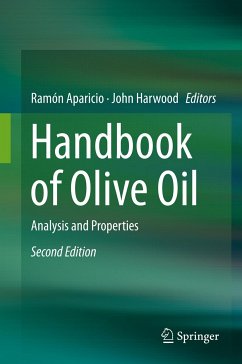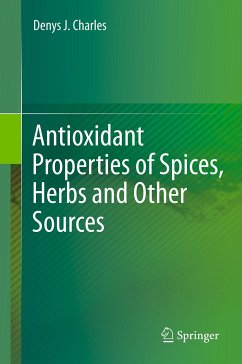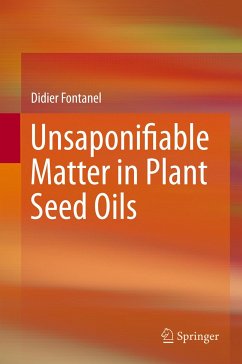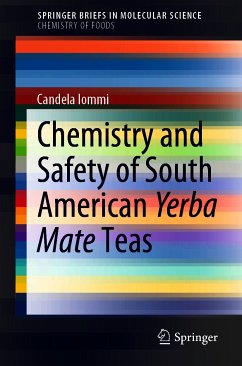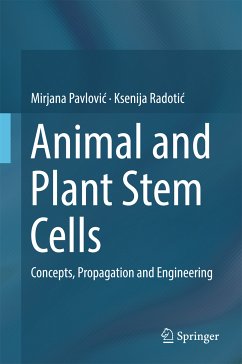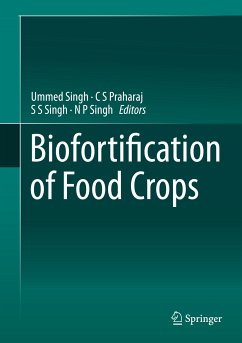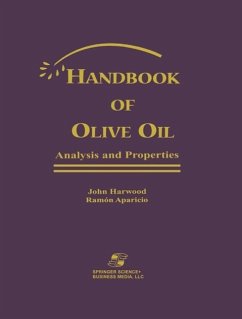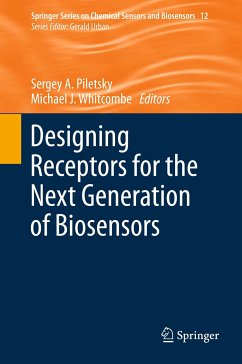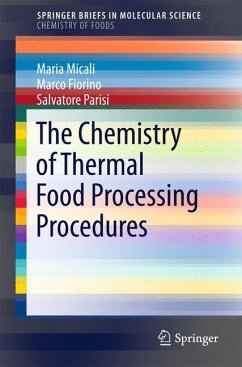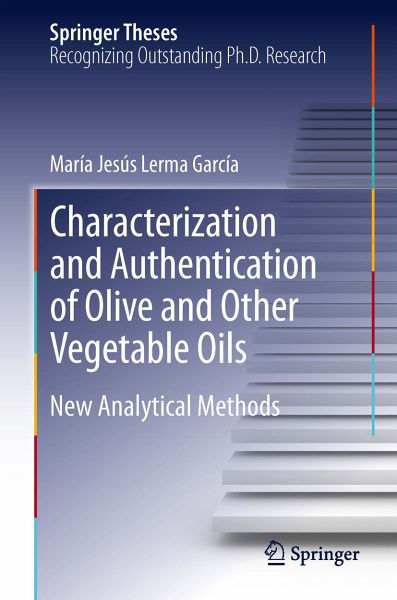
Characterization and Authentication of Olive and Other Vegetable Oils (eBook, PDF)
New Analytical Methods
Versandkostenfrei!
Sofort per Download lieferbar
112,95 €
inkl. MwSt.
Weitere Ausgaben:

PAYBACK Punkte
56 °P sammeln!
This thesis presents new methods for the characterization of vegetable oils, with focus in olive oil, according to geographical and botanical origin, genetic variety and other issues influencing product quality. A wide variety of analytical techniques have been employed, such as various chromatographic techniques (different gas and liquid chromatography methods), an electronic nose, infrared spectroscopy and expert-panel evaluation. Several families of minor compounds, with interest as adulteration markers, have been used for method development, including tocopherols, sterols, phenolics, alcoh...
This thesis presents new methods for the characterization of vegetable oils, with focus in olive oil, according to geographical and botanical origin, genetic variety and other issues influencing product quality. A wide variety of analytical techniques have been employed, such as various chromatographic techniques (different gas and liquid chromatography methods), an electronic nose, infrared spectroscopy and expert-panel evaluation. Several families of minor compounds, with interest as adulteration markers, have been used for method development, including tocopherols, sterols, phenolics, alcohols, proteins and others. Most methods have been enhanced by the application of multivariate chemometrics. The proposed analytical techniques are of interest to investigate fraudulent actions and practices which are detrimental to product quality.
Dieser Download kann aus rechtlichen Gründen nur mit Rechnungsadresse in A, B, BG, CY, CZ, D, DK, EW, E, FIN, F, GR, HR, H, IRL, I, LT, L, LR, M, NL, PL, P, R, S, SLO, SK ausgeliefert werden.




